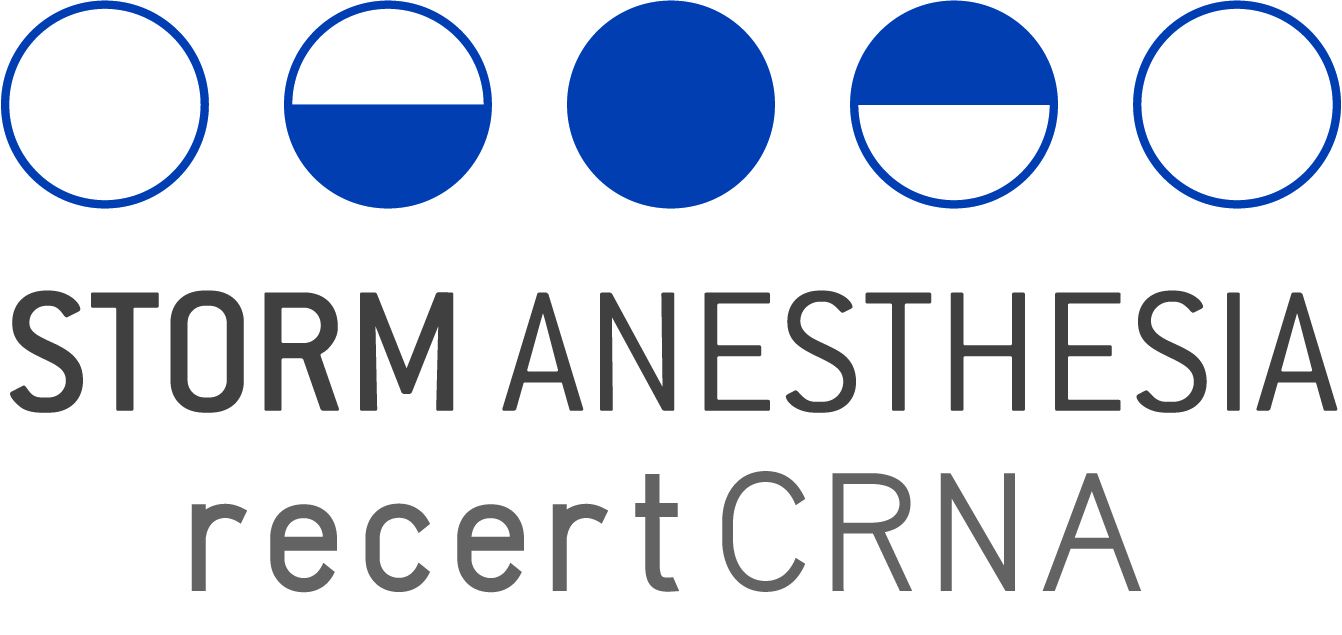Join today
Cardiovascular for Nurse Anesthesia
recertCRNA
Premier app for CRNA CEs
Cardiovascular
Premier CE course
Annette N Storm
MNA, CRNA
Cardiovascular for Nurse Anesthesia covers the basic and advanced principles necessary to master when taking care of any patient, whether cardiac or non-cardiac.
What's included?
-
16 Chapters
-
13 Short Videos
-
13 Mini-Quizzes
-
Each Mini-Quizz is a single question - easy
-
Esay, Simple, and Straightforward Questions
-
Possible to retake all mini-quizzes up to three times
-
2 Class A CE Credits
-
1 Certification of Completion
-
recertCRNA uploads credits to AANA
I Know Cardiac!
Do you know what the QT-interval includes? Can you explain the difference between the effective refractory period and the absolute refractory period? Do you know how to apply the modified V5 lead monitoring? Can you locate the coronary arteries and their blood flow? Can you explain what the a-line waveform and the importance of the steep upstroke? Do you know about Zenker's diverticulum?
If you cannot answer in the affirmative to all the questions, maybe this course have something for you.
If you cannot answer in the affirmative to all the questions, maybe this course have something for you.
What's in it for me?
We all think we know our cardiac very well. After all, we deal with hemodynamics every day in the OR. Well, I think Annette Storm, MNA, CRNA has several bits of information you may benefit from. Especially if you have nurse anesthesiology students in your room.
Annette has many years of experience in the cardiac catheterization laboratory and is well founded in cardiac anatomy and physiology, as well as the anesthesia done for the cardiac patient. You will be the beneficiary of her vast knowledge.
Sign up today and get ready to refresh your memory.
Annette has many years of experience in the cardiac catheterization laboratory and is well founded in cardiac anatomy and physiology, as well as the anesthesia done for the cardiac patient. You will be the beneficiary of her vast knowledge.
Sign up today and get ready to refresh your memory.
Meet the instructor
Annette N Storm
Annette N Storm, MNA, CRNA is an exceptional CRNA with many years of cath lab experience as an RN prior to becoming a CRNA. She is now the liaison CRNA for the anesthesia department at the level 1 trauma center where she works. You can not find a better instructor to teach you about cardiac anesthesia.
The cardiac component of an anesthetic is vital whether the patient is a cardiac patient or a non-cardiac patient. Many of the same principles and concepts are pertinent for both patient categories.
Annette covers basic and more advanced principles relating to the cardiac physiology of any patient. While we all think we know our cardiac physiology, it is very likely that Annette will uncover more than a few areas that are somewhat erased from your memory. Refreshing your memory on the cardiac physiology is very helpful whether you are prepping for the CPC Assessment (exam) or for the NEC (the board exam).
The cardiac component of an anesthetic is vital whether the patient is a cardiac patient or a non-cardiac patient. Many of the same principles and concepts are pertinent for both patient categories.
Annette covers basic and more advanced principles relating to the cardiac physiology of any patient. While we all think we know our cardiac physiology, it is very likely that Annette will uncover more than a few areas that are somewhat erased from your memory. Refreshing your memory on the cardiac physiology is very helpful whether you are prepping for the CPC Assessment (exam) or for the NEC (the board exam).
Annette N Storm, MNA, CRNA

